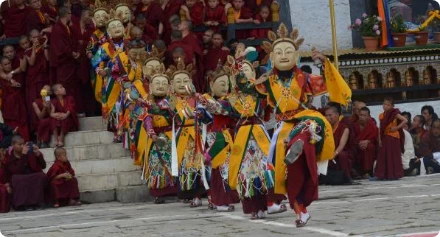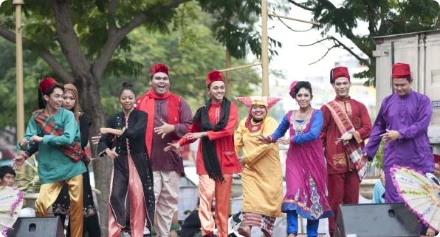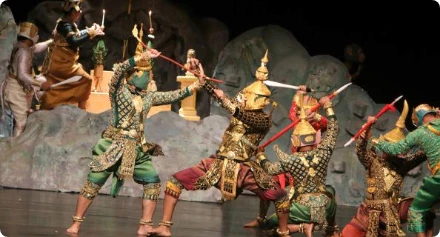What is ICH?
UNESCO and Intangible Cultural Heritage
UNESCO, which is the only specialized agency within the United Nations system with a specific mandate in culture, assists its Member States in the elaboration and implementation of measures for an effective safeguarding of their cultural heritage. Among those measures, the adoption of the Convention for the Safeguarding of the Intangible Cultural Heritage was a major step for developing new policies in the field of cultural heritage.

What is ICH?
The ‘intangible cultural heritage’means the practices, representations, expressions, knowledge, skills – as well as the instruments, objects, artefacts and cultural spaces associated therewith – that communities, groups and, in some cases, individuals recognize as part of their cultural heritage. This intangible cultural heritage, transmitted from generation to generation, is constantly recreated by communities and groups in response to their environment, their interaction with nature and their history, and provides them with a sense of identity and continuity, thus promoting respect for cultural diversity and human creativity. For the purposes of this Convention, consideration will be given solely to such intangible cultural heritage as is compatible with existing international human rights instruments, as well as with the requirements of mutual respect among communities, groups and individuals, and of sustainable development.



ICH in the Asia-Pacific region
In the vast region of Asia-Pacific, numerous ethnic groups have established their respective homelands and pursued their lives, thereby creating unique cultures and cultural heritages that have been passed down through generations. The Asia-Pacific region, in particular, is globally renowned for its rich intangible cultural heritage, thanks to its diverse natural environments and the multitude of ethnicities, religions, and customs. The center focuses on the preservation of intangible cultural heritage, primarily in the 48 UNESCO member countries within the region. It seeks to promote the importance of this preservation and, at the same time, facilitate intercultural dialogue. Additionally, the center strives to foster sustainable development by creatively utilizing intangible cultural heritage for the benefit of local communities.
QUICK MENU 원하시는 서비스를 클릭하세요!
There is no registered quick menu.